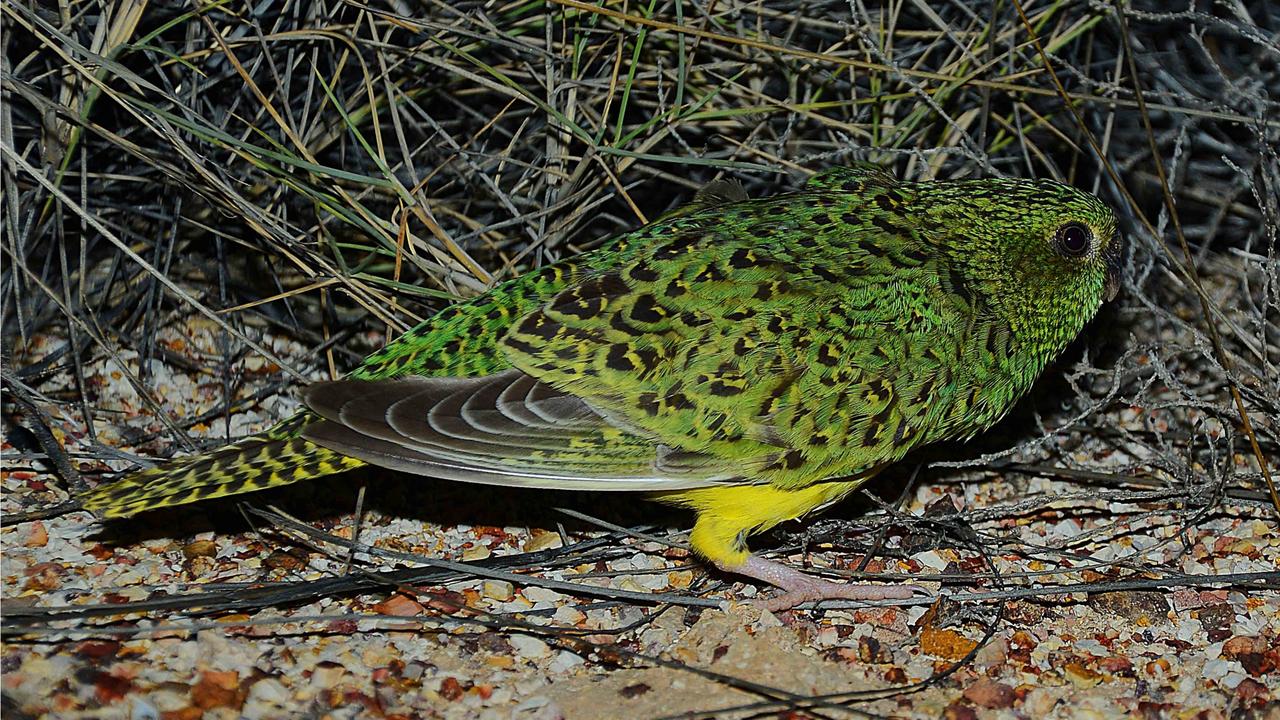Thousands of sea turtles lost, but who's counting?
THE mass starvation of sea turtles following last year's flooding in Queensland has provoked a debate about their true numbers

THE mass starvation of sea turtles following last year's widespread flooding along the Queensland coastline has provoked a fierce debate over the true numbers of the sea's ancient mariners.
Turtle research groups have questioned state government claims that a population of up to a million turtles in the Great Barrier Reef region can withstand the loss of thousands of animals, and warned of an "environmental emergency".
The Sea Turtle Foundation has estimated numbers in the area as low as 70,000 and losses at more than 6000.
Official figures for stranded turtles peaked in August at 290 for the month and are expected to total more than 1300 for the year.
The foundation has been involved in a long dispute with the Queensland government over access to data on turtle numbers since deaths spiked in the wake of flooding late last year and early this year that buried seagrass feeding areas under silt.
The foundation's director, Tim Harvey, said: "The government is saying there are about one million turtles on the Great Barrier Reef and the turtle population is healthy enough to sustain the losses, but we don't believe that is correct . . . We are saying that the Queensland government has possibly misinterpreted the figures."
He said the state and federal government had failed in not setting up a program to allow competent monitoring of the turtles, which measure about 1m across their shell and can live for 100 years.
"World's-best practice is not being used in a world heritage area for something as iconic as sea turtles and dugongs, Mr Harvey said.
He said the true impact of recent losses would not be known for many years because female turtles did not reproduce until they were 30.
In a letter to the state government last month - copied to UNESCO director-general Irina Bokova, World Heritage committee chairman Joao Luiz Silva Ferreira and federal Environment Minister Tony Burke - the foundation said there was an "environmental emergency" in the region.
"The cumulative impacts of agricultural runoff, floods, turbidity (and) cyclone damage etc have created an environmental emergency which is not, in the opinion of Sea Turtle Foundation, being adequately addressed".
The foundation said surveys of the two eastern Australian populations of green turtles since 1974 showed the average size of females nesting for the first time was decreasing, suggesting the populations may be declining.
"At Raine Island in the northern Great Barrier Reef, which has the largest number of breeding green turtles in the world, the success of nesting is less than 10 per cent and may have failed completely in recent years because of flooding of the nests," the letter says.
"As a result of this nesting failure, populations of green turtles in the northern Great Barrier Reef and the Torres Strait can be expected to continue to decline over the next few decades . . . There is no state or federal plan to address a major environmental crisis of the nature now unfolding."
Responding to the foundation's concerns, Queensland Environment Minister Vicky Darling said losses had been minor and the department's research and monitoring methodologies were being promoted as the "gold standard".
"It is clear from the demographic modelling of the southern GBR green turtle stock that short term (a few years of) loss of a few thousand small immature turtles and tens of adult turtles will cause minor reductions in population numbers," she said.
It was well established that there had been severe damage to seagrass pastures along the urban coast of Queensland. However, not all areas had been equally affected. "In addition, green turtles are not dependent exclusively on seagrass as food," she said.


